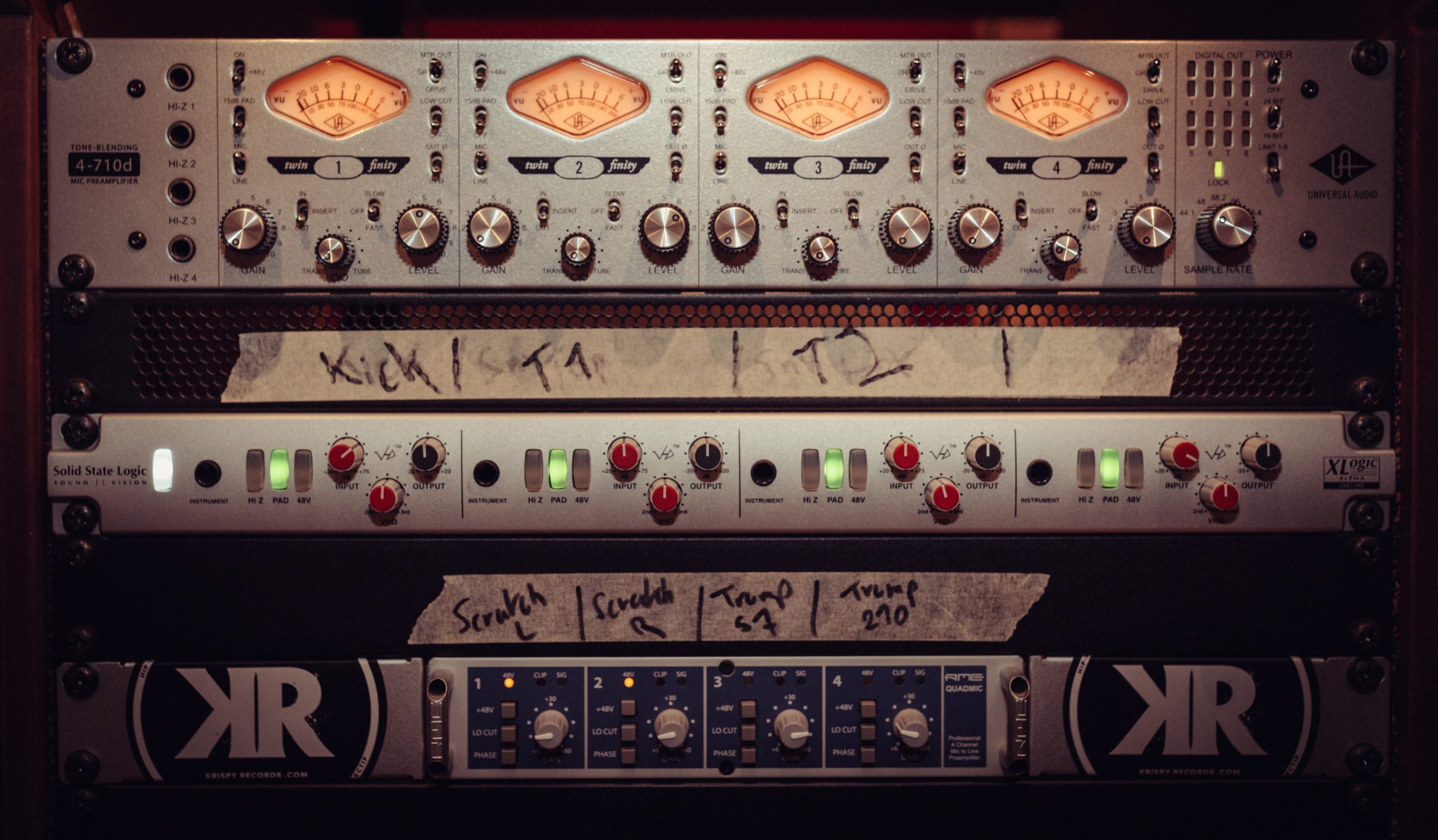As we continue to rely on technology for various aspects of our lives, it's no surprise that the healthcare industry is also exploring ways to leverage advancements in technology. One recent development that has caught people's attention is the possibility of sharing NHS records with tech giants. While this could lead to better healthcare outcomes and personalized treatments, it raises concerns about privacy and data security. In this blog post, we'll look at what exactly is happening and what it could mean for patients across the UK.
What is the NHS database?
The NHS database is a centralized database of patient records that are used by the National Health Service (NHS) in England. The database contains medical records for all patients who have been seen by an NHS doctor or nurse, as well as information on admissions to hospitals and GP visits. The database is used by the NHS to provide healthcare services to patients and to research new treatments and medicines.
The NHS database has come under scrutiny in recent years, with concerns being raised about data security and privacy. In 2018, it was reported that the database had been hacked and patient data were stolen. In 2019, the UK government announced plans to allow tech giants such as Google and Microsoft access to the NHS database, in order to help them develop new health technologies. These plans have been criticized by some, who argue that this would put patient data at risk.
Why are people worried?
When it comes to our personal health data, most of us want to keep it private. But what if the government decided to share our NHS records with tech giants like Google and Amazon?
Some people are worried that this could happen, especially after it was revealed that the UK government is in talks with these companies about potentially sharing NHS data. There are concerns that this could lead to our personal health information being used for commercial purposes, or that these companies could gain an unfair advantage over smaller businesses when it comes to developing new health technologies.
Others argue that sharing NHS data with tech giants could help improve the quality of care we receive, as they would have access to more data and resources. What do you think?
What’s the worst that could happen?
If NHS records are shared with tech giants, it could have a number of negative consequences. First, patient confidentiality could be at risk. Second, it could lead to further erosion of trust between patients and the NHS. And third, it could pave the way for data-driven decision-making that prioritizes profits over people's health.
A massive data breach.
In July 2017, the UK's National Health Service (NHS) was hit by a massive data breach that saw the personal and medical records of over 150,000 patients exposed. The data breach was traced back to an unsecured server that had been set up by an NHS trust. The server contained the medical records of patients who had been seen by the trust's GP practices.
The data breach came to light after it was reported by a security researcher who discovered the server while conducting a routine scan of the internet. The researcher found that the server was not only unsecured but that it also did not have any password protection. This meant that anyone who knew the server's IP address could have accessed its contents.
The data breach led to a number of serious concerns being raised about the security of NHS patient data. In particular, there were fears that the data could be used for identity theft or fraud. The NHS has since taken steps to improve its cybersecurity, but there are still concerns about how safe NHS patient data is from potential cyber threats.
What can you do to protect your data?
It’s important to be proactive about protecting your data, and there are a few things you can do to help keep your information safe. First, make sure you have a strong password for your online accounts and don’t use the same password for multiple sites. It’s also a good idea to enable two-factor authentication where possible. This adds an extra layer of security by requiring you to enter a code from your phone in addition to your password when logging in. You should also be careful about what information you share online and on social media. Be aware of the privacy settings for your accounts and only share personal information with people you trust. Finally, keep an eye out for signs that your data may have been compromised, such as unexpected emails or suspicious activity on your accounts. If you think your data has been breached, contact the company or site in question immediately to report the issue.
Conclusion
In conclusion, the question of whether or not NHS records should be shared with tech giants is a complex one. With so many issues to consider, such as patient privacy and data security, it's important that all stakeholders involved come together to ensure that any changes are beneficial for both patients and the wider society. Ultimately, it is up to the public to decide if this type of data sharing is something they feel comfortable with or not.


